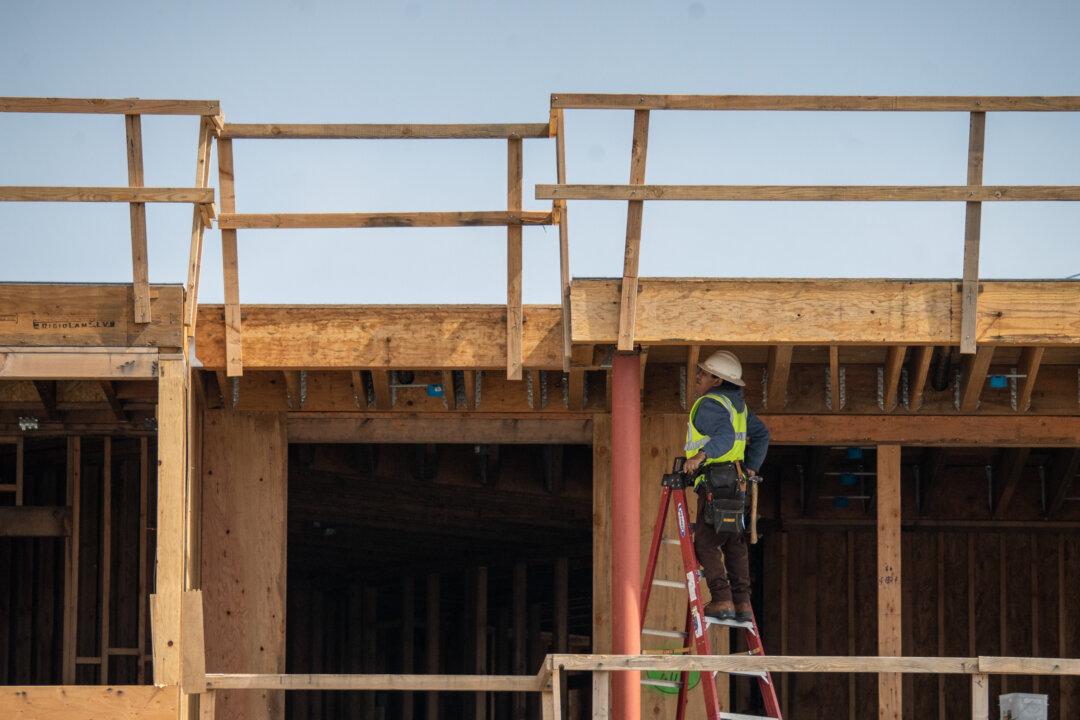A California bill recently signed into law will allow for a more streamlined process for building affordable housing, by allowing developers to avoid some environmental reviews usually required under state law.
Senate Bill 406, authored by Sen. Dave Cortese (D-San Jose), was signed by Gov. Gavin Newsom Aug. 22 and will allow developers to skip repetitive reviews that are currently required under the California Environmental Quality Act (CEQA) while keeping California’s main environmental law intact, according to an Aug. 17 press release by Mr. Cortese’s office.





